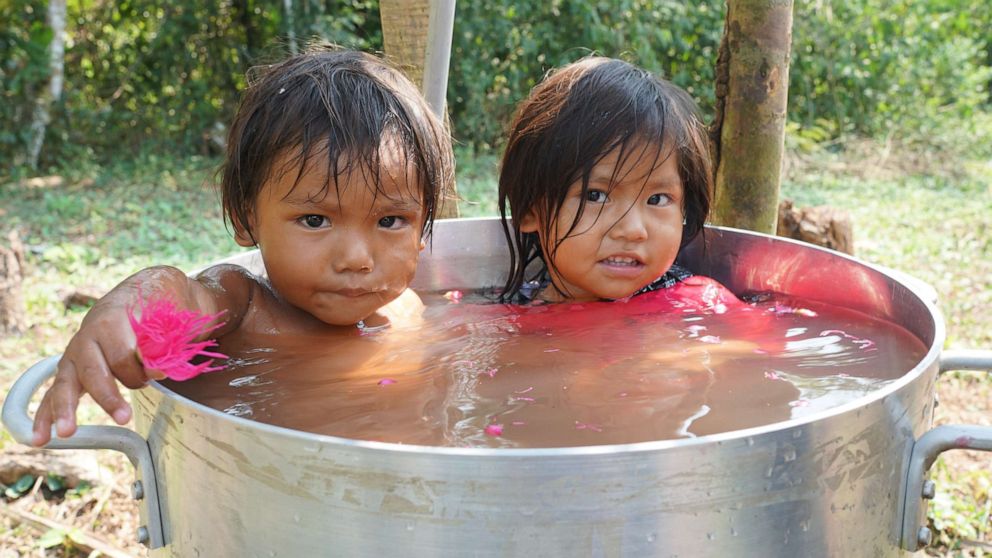Amazon rainforest lost area the size of Israel in 2020
The Amazon rainforest lost an estimated 5 million acres in 2020, an area roughly the size of Israel, according to a recent report on the region. Experts warn that unchecked deforestation in the Amazon basin, which encompasses nine countries in South America, could trigger a tipping point in the world's largest tropical rainforest within decades.
Using satellite imagery, the report by Amazon Conservation Association and Monitoring the Andean Amazon Project, or MAAP, provides an early glimpse of deforestation in the Amazon throughout 2020. Troubling data points are highlighted, including largescale deforestation in Brazil and Bolivia, where primary forests were obliterated at rates even higher than in 2019, a year that saw prolific and highly publicized fires raging in the Amazon.
"Both in terms of deforestation and fire, the data indicate that 2020 was actually worse than 2019 across the Amazon. Over 2 million hectares (8,000 square miles) of primary forest were lost in 2020, which was much more than 2019," said Dr. Matt Finer, a researcher with Amazon Conservation and the director of MAAP.
Finer cautioned that the 2020 data are an early estimate, but added that finalized 2019 data surpassed early estimates that year.
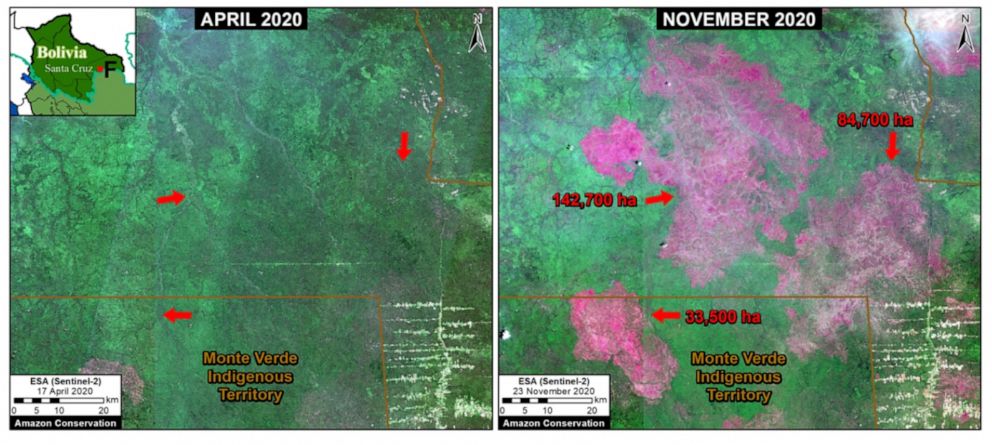
Deforestation, spread across the vastness of the Amazonian landscape, is accelerating -- consuming ecosystems and concentrating in hotspots where hundreds of thousands of acres of forest are swallowed up for agricultural and extractive purposes by small and large actors.
"There's no smoking gun. Deforestation is not a linear wave, it's death by a thousand cuts," said Finer.
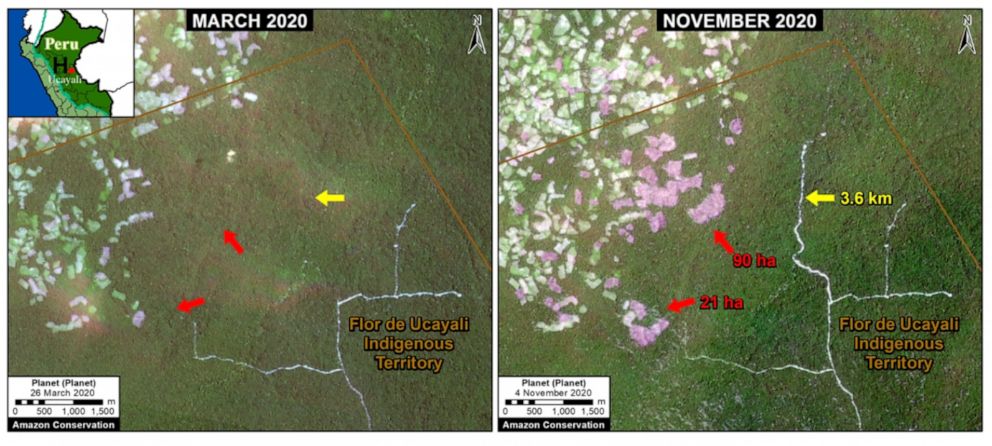
The majority of last year's deforestation occurred in the Brazilian Amazon, where over 50,000 acres of forest were lost, much of it to fires. Despite the devastation of the 2019 fires in Brazil, the ones in 2020 were worse, according to Amazon Conservation.
Of the roughly 2,500 large fires that scorched huge swathes of the Amazon last year, around 88% occurred in Brazil. A large number of those were human-caused fires created for pasture and croplands.
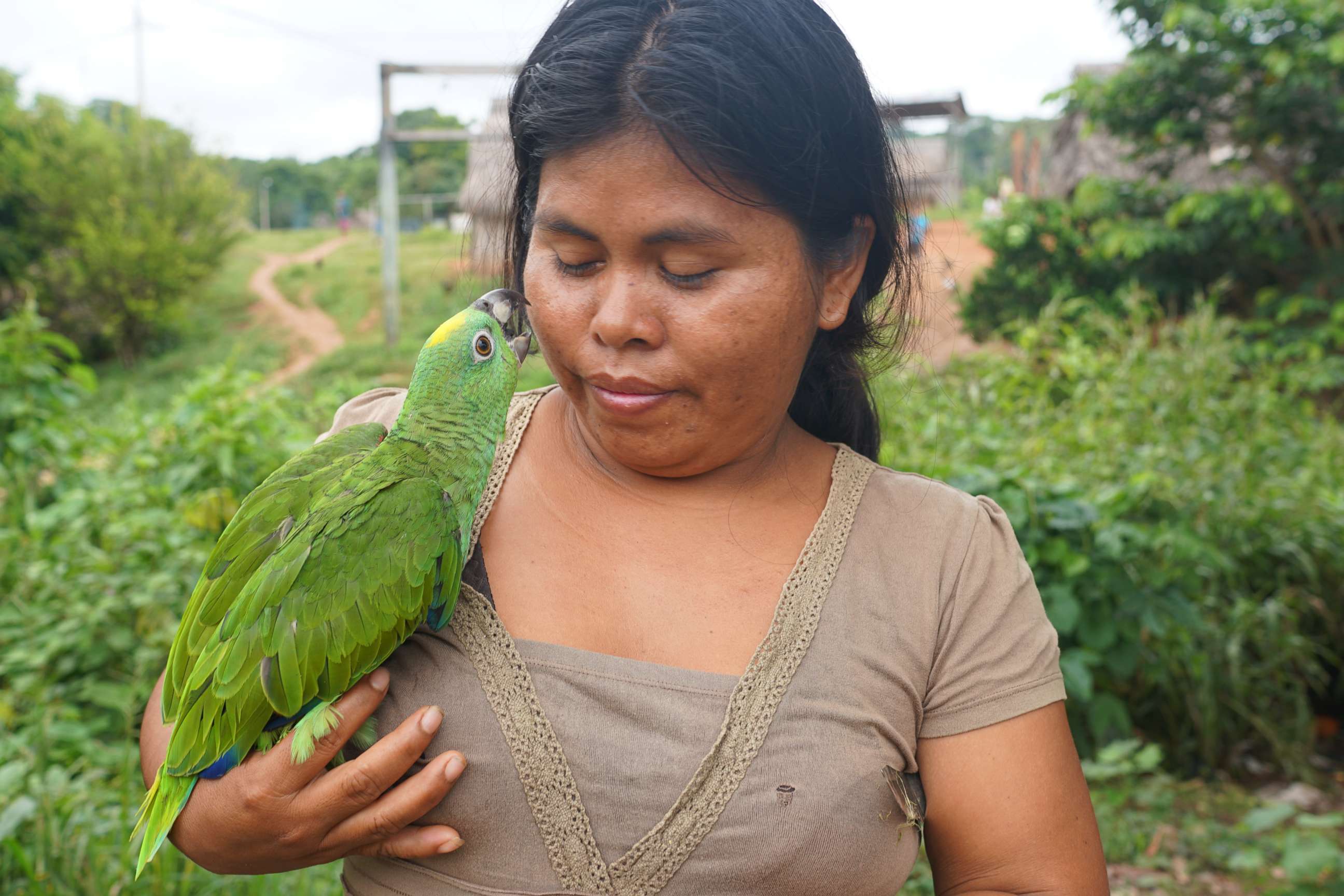
The report also notes massive destruction of the Bolivian Amazon. Around 205 large fires burned in Bolivia last year, engulfing over 600,000 acres of the Chiquitano tropical forest between April and November, according to the report.
Other areas of concern were in Peru, where small scale agriculture, mining and cattle ranching caused increased deforestation in the country's central Amazon. In Colombia, the illicit cultivation of coca leaf -- the raw ingredient for cocaine -- has invaded several protected forest areas.
Often described as the "lungs of the planet," the Amazon basin is twice the size of India, covering around 40% of the South American continent. Its watersheds are relied on by over 30 million, including indigenous peoples living in isolation.
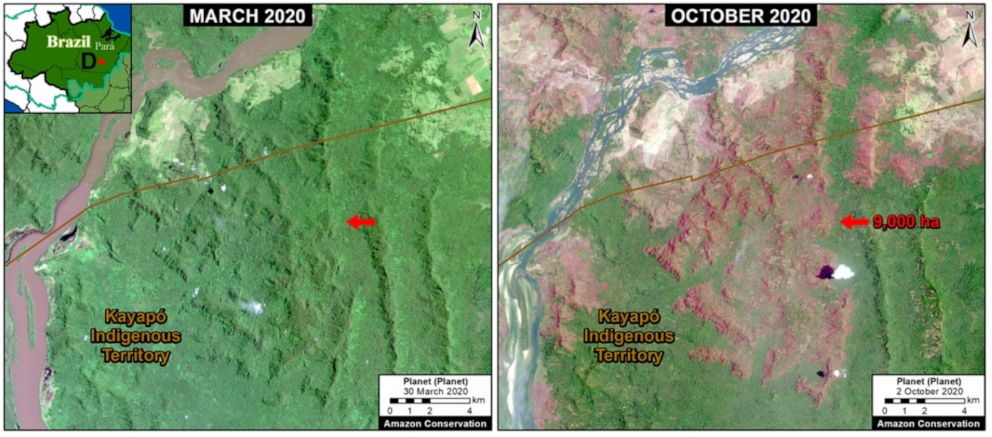
Some scientists warn that the Amazon biome could soon reach a dangerous tipping point in which it no longer produces enough rainfall to support its ecosystems, eventually converting into dry savanna.
"The short answer is, the tipping point is already here," said Enrique Ortiz, tropical ecologist and co-founder of Amazon Conservation. "Not throughout the entire Amazon, but in parts."
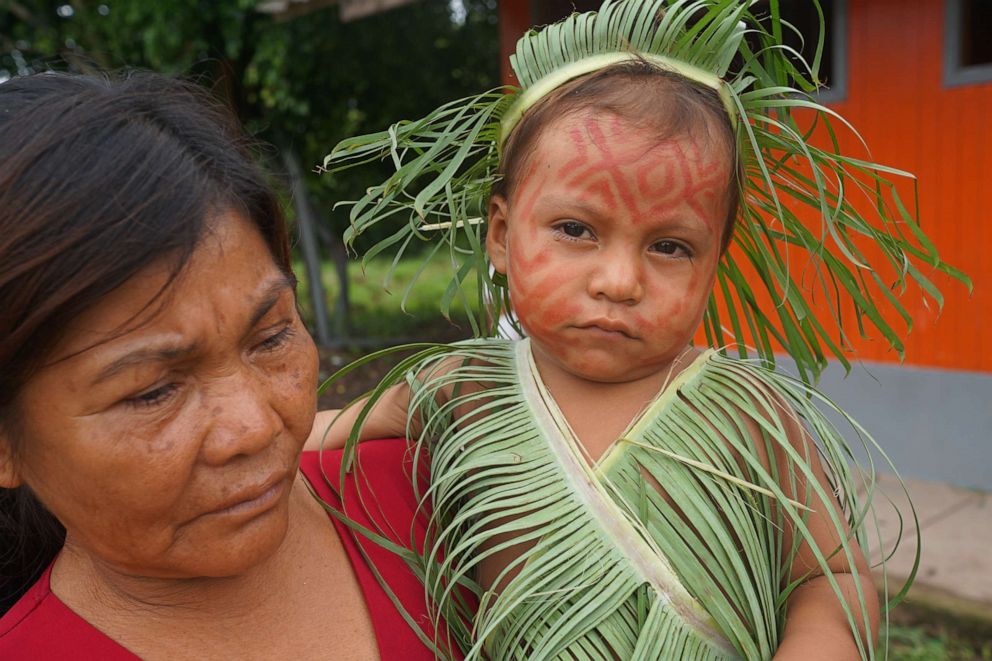
Despite the level of destruction, Ortiz pushed back against doomsday scenarios for the Amazon.
"Deforestation is in the area of 20 or 21%," he said. "There is still probably 80% of the Amazon intact, so we have room to maneuver."
Environmental groups have placed high hope in President Joe Biden's commitment to protecting the Amazon. During a 2020 presidential debate last September, then-candidate Biden weighed in on the deforestation:
"I would be gathering up and making sure we had the countries of the world coming up with $20 billion, and say, 'Here's $20 billion, stop tearing down the forest. And if you don't then you are going to have significant economic consequences,'" Biden said.
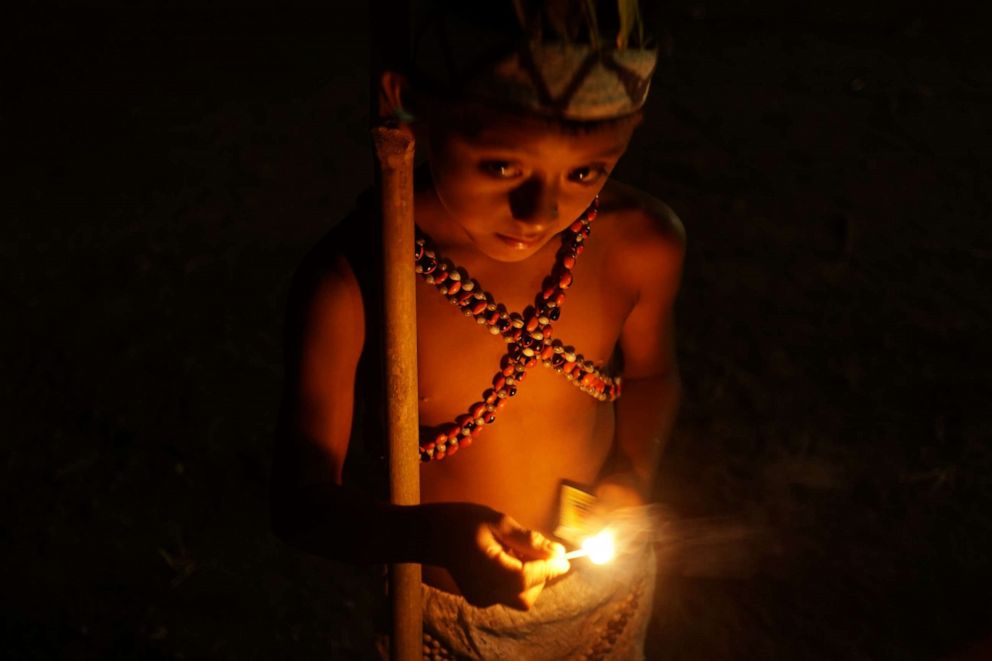
Beyond severe mitigation of deforestation in the region, Ortiz sees political consensus and leadership among wealthy nations as another tool to help save the Amazon.
"There has been confrontation between the West and Amazonian countries. If Biden is smart and able to reverse that confrontation, then we can work together," he said.
